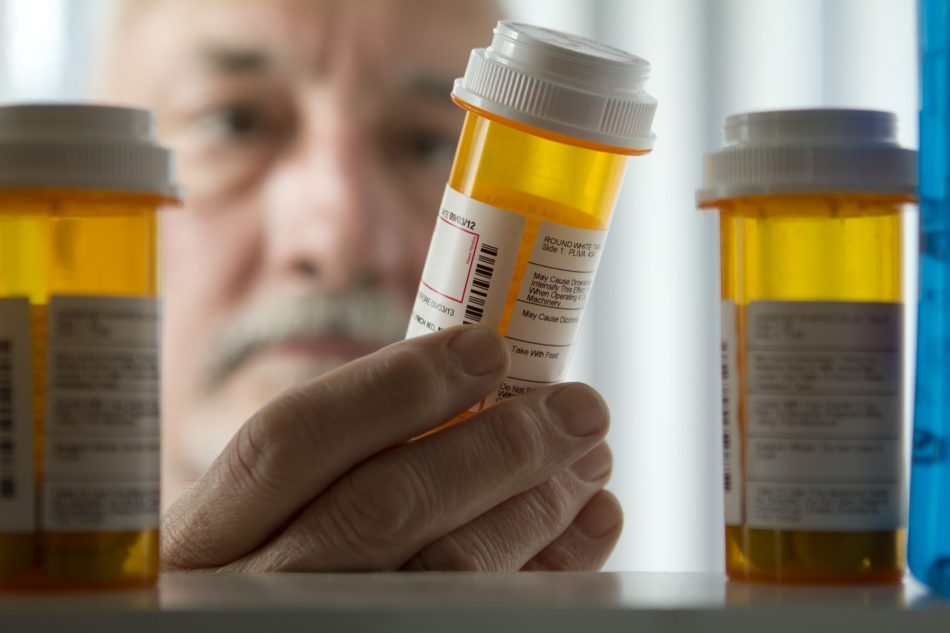Oscar Wilde famously said that “The only way to get rid of temptation is to yield to it.”
While he was a literary and dramatic genius, Oscar Wilde didn’t live in the age of the Opioid Epidemic, and, in this day and age, it seems like the best way to get rid of temptation is just to get rid of it.
New research from the University of Pennsylvania showed that the majority of patients who got mailed disposal kits for their prescribed opioids wound up sending their remaining pills back.
Disposing of drugs
After a patient is no longer feeling pain from, say, an injury or a procedure, they are advised to throw out the remainder of their prescription painkillers because leftovers open the door to potential future abuse. Throwing pills in the trash, however, might leave them for a dog or even a child to find later, and taking pills back to the pharmacy is difficult for some patients who might’ve had an injury or live in a remote area. Doctors even advise flushing pills down the toilet, but this has environmental consequences.
So, what do the patients do with their excess pills?
Researchers from the University of Pennsylvania wanted to see how many patients would send back their excess pills if they had a simple disposal kit they would mail back to their pharmacy. Their study included 235 patients who had had an orthopedic or urologic procedure and were prescribed opioid pain medication for their recovery. Half of the patients were given instructions via text about how to dispose of their excess pills, and the other half were given mailed disposal kits to send the bills back in.
On average only 20 to 30 percent of patients prescribed opioids properly dispose of their excess medication. 60 percent of the study patients who were sent a mailed disposal kit safely disposed of their extra pills.
“I was pleased to see that such a simple, ‘snail mail’ approach could change behavior and promote self-reported disposal,” says lead author, Anish Agarwal, an assistant professor of emergency medicine and chief wellness officer of the department of emergency medicine at Penn Medicine. “The opioid epidemic clearly continues to be front and center for patients, and the concerns with opioid use and misuse are becoming a real part of the conversation between physicians and patients. I think patients are more aware of the risks and consequences of using opioids and storing them in their homes.”
These kits are not expensive, and pharmacies could very easily use them to reduce the number of pills in patients’ households and, downstream, in the community where they could do more harm.
Source Study: JAMA Network — https://doi.org/10.1001/jamanetworkopen.2022.10724










